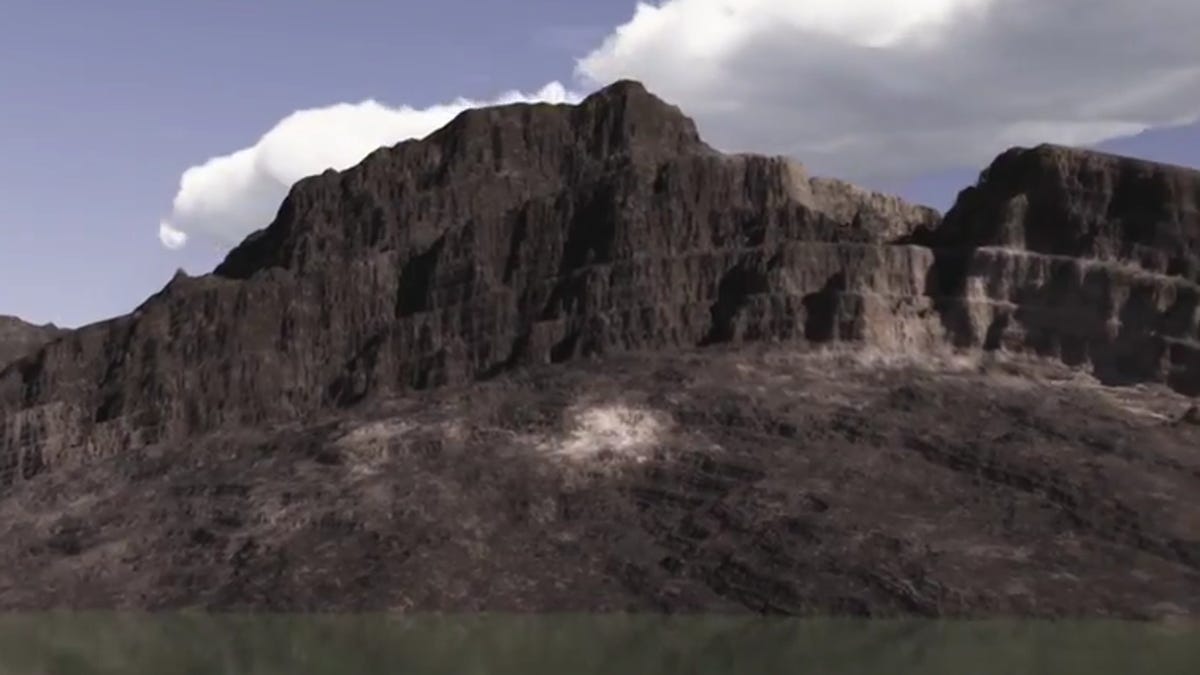NASA re-creates ancient Mars on YouTube
As the space agency prepares to launch a new Martian probe, it shows us a warmer, wetter Red Planet.

Four billion years ago, Mars would have been a pretty nice place for a spring-break trip. At least that's the way it appears in a new animation published to the NASA Goddard Space Flight Center's YouTube channel on Wednesday.
The animated artist's rendition of ancient Mars begins with a flyover of a lake that bears a slight resemblance to, say, Utah's Lake Powell. Then we see time progress and a transition from a warm, wetter climate to a dry, colder one (like, say, 10 miles north of Lake Powell in January).
Deliberately missing from the video are any colonists from the finale of "Battlestar Galactica" or other signs of life -- there's evidence that water was once present on Mars, but so far definitive Martian fossils have not been forthcoming.
Check out the full video below. NASA is also hosting a hangout on Google+ Wednesday afternoon for the pre-launch of its MAVEN spacecraft that will study the atmosphere of Mars.

